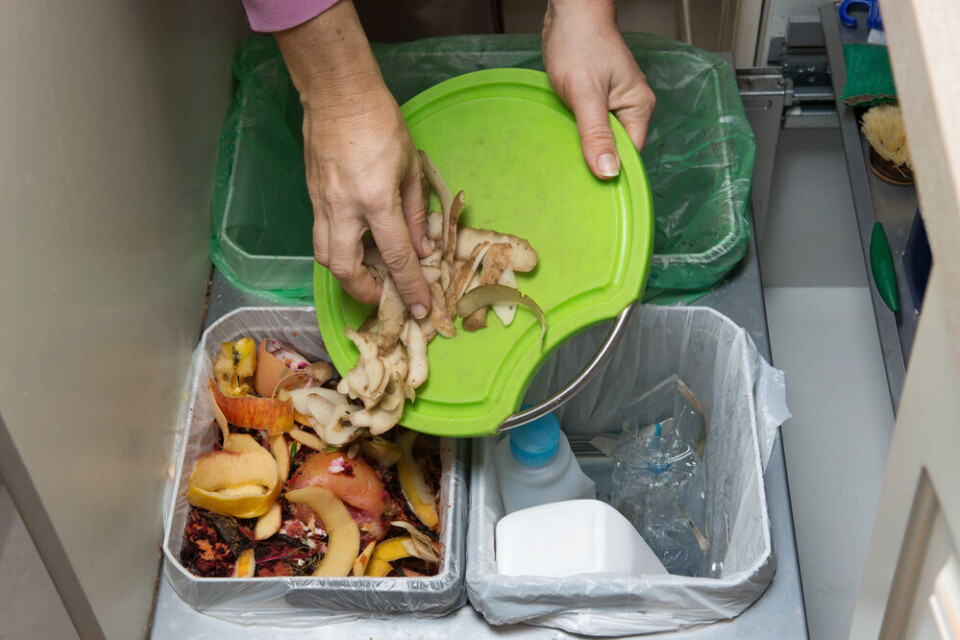-
‘It’s becoming intolerable’: homeowners in France move north to escape the heat
Heatwaves becoming more regular and intense
-
More communes in France distribute Asian hornet traps
Residents are increasingly receiving help, with now the best time to capture the queens
-
Drinking tap water restricted for children in south-west France communes
Haute Garonne prefecture says the measure is precautionary and due to high chlorate levels
Most homes in France not ready to separate food waste come January 1
The law comes into force in the new year but most residents and local councils do not yet have the equipment or services to comply

From January 1, household ‘biowaste’ must, according to the Agec Law, be separated from the rest of your rubbish.
It can be dealt with either by yourself, by turning it into compost to reuse on your plants, or by the council.
However, in most of France residents and local authorities are reportedly not ready.
Homes must separate food or garden waste from other rubbish
There is, as yet, no sanction for members of the public or councils that fail to comply, but EU law says that by 2025 no biowaste should be disposed of in ordinary tips and incinerators.
Households will be expected to have another separate bin at home for kitchen waste, such as peelings, coffee grounds, old bread and meal leftovers, as well as green garden waste.
It is then up to you and your neighbours if you want to turn this into compost for your own use.
Read more:Do not be fooled by ‘compostable’ plastic, says French consumer group
Councils expected to offer solutions
However, it is not composting that is obligatory, but separating biowaste from other waste.
So, for example, blocks of flats should have new containers where you can place this (often with a brown lid).
Councils should offer collection solutions, whether locations where you can bring it, door-to-door collection, or special bin lorries designed to collect it so it is not mixed with other waste.
In the latter case, special treatment plants are also needed, where the waste can be recycled into compost and biogas.
Councils are also meant to offer financial help to people who want to do composting at home, or offer training in doing it.
Questions have been asked about whether this will put up local taxes to compensate for costs. Arguably, it will not be the case if communes group together to organise this, and if the volume of waste treated in traditional plants is reduced.
Read more: Compost obligation for homes in 2024 in France: how is it advancing?
Some areas in France have taken the lead
Most rubbish is now burned or put into landfill, despite 70% being recyclable.
The law aims to reduce carbon emissions, improve soil with compost, and boost biogas production.
Some areas have taken a lead, such as in Greater Reims, where authorities have expanded existing rural individual and shared composting schemes, and plan to increase voluntary drop-off points from 150 to 500.
Composters are being offered at competitive prices in some areas: for example, from €15 for a 400-litre model in Toulouse to €36 in Dordogne for a 600-litre composter and bucket.
By 2019, 157 local authorities had set up or were organising separate collections.
The 25 communes around Lorient in Brittany launched this in 2002. The council said: “Every year, 37kg of biowaste is collected from each inhabitant, totalling 8,000 tonnes per year and much less waste is sent to landfill,”
Related articles
How to dispose of different waste items in France
Checks, fines, help: rules for clearing undergrowth around French home
Claim money back at French supermarkets by recycling plastic bottles
























